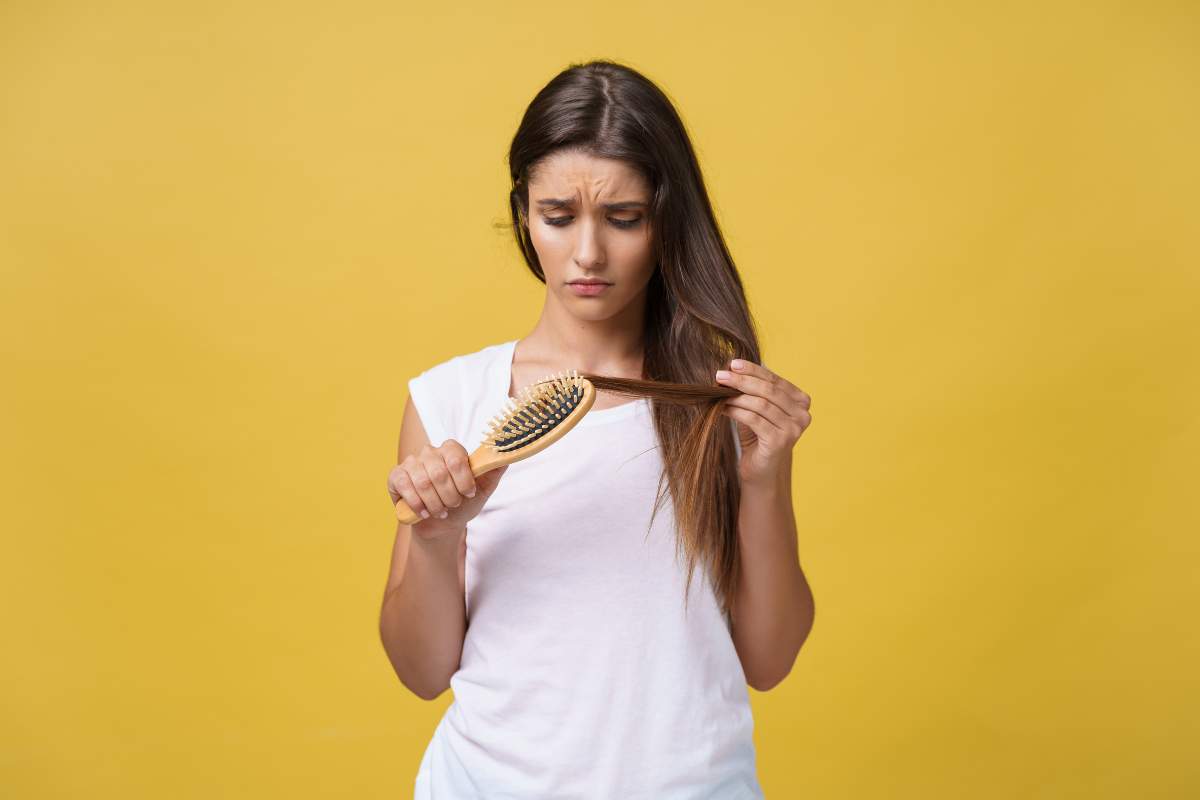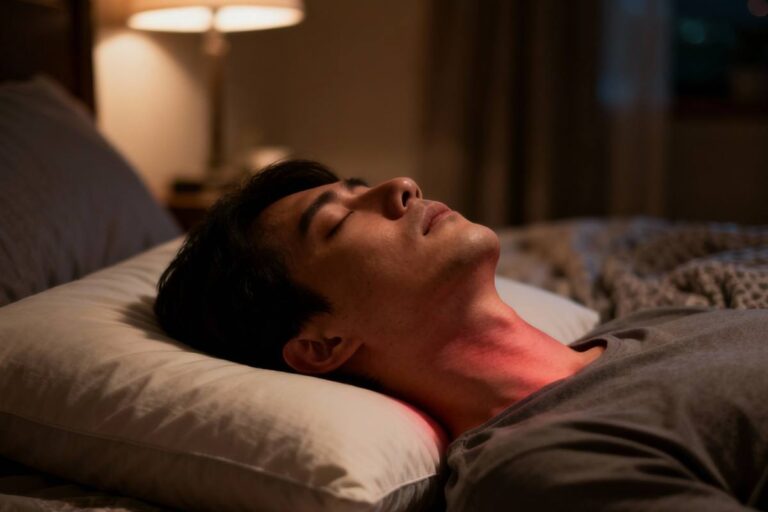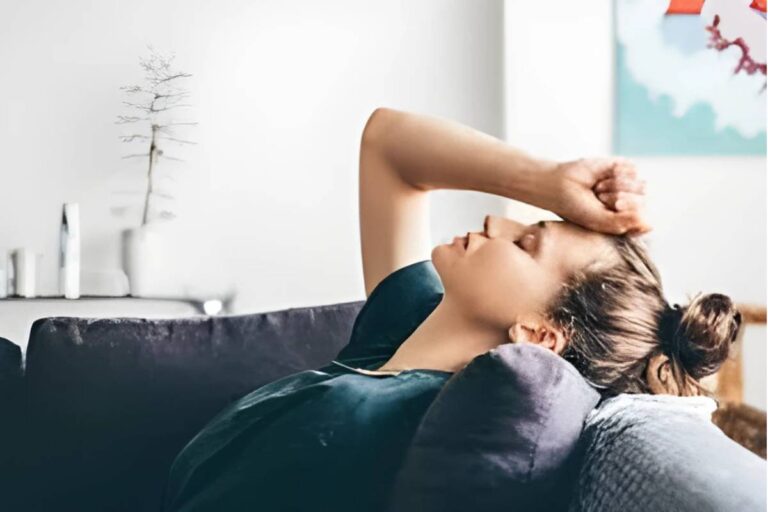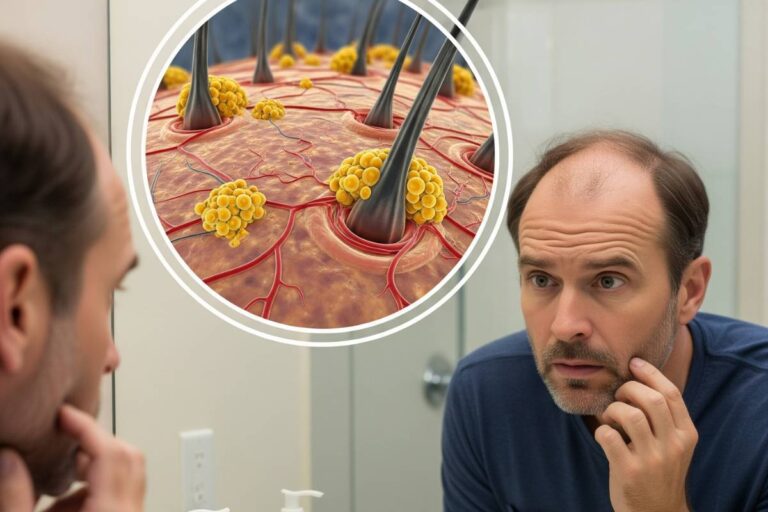A woman’s hair is an important part of who she is and how she sees herself. So, when hair starts to fall out too much, it can be annoying and upsetting mentally. You’re not the only one who has thinning hair or hair loss that you can see. Finding a good solution to hair loss in women starts with knowing what causes it. This book will explain the science behind female hair loss, go over all the main causes, and give you real solutions that can work.
Hair Fall in Women
Every person loses hair daily; it’s an integral part of the hair cycle. Exceeding 100 hairs a day could be a sign of some underlying problem. The cause of hairfall in females can be from lifestyle to a medical condition. The determination of the basic cause is important for effective treatment.
Main Reasons for Hairfall in Females
Let’s get into the most prevalent and science-supported reasons for hair loss among women in deeper detail:
1. Hormonal Imbalances
Hormones have a strong role to play in the regulation of the growth cycle of the hair. Shifts in the hormones, particularly androgens (male hormones found in minuscule proportions in females), can reduce the size of the hair follicles and cause hair thinning.
Typical causatives:
- Polycystic ovary syndrome (PCOS)
- Menopause
- Pregnancy and giving birth
- Thyroid disease
These hormonal fluctuations tend to interrupt the regular hair cycle, forcing more hair into the shedding (telogen) stage.
2. Female Pattern Hair Loss (Genetic Factors)
Hereditary factors can be a major cause of hair loss in females. Also referred to as androgenetic alopecia, this genetic condition leads to slow thinning, particularly on the crown or vertex of the scalp.
- Typically apparent after age 40
- More diffuse than male pattern baldness
- Can be treated with therapies such as Minoxidil
3. Stress and Mental Health
Physical or emotional stress can cause telogen effluvium, a condition in which a large percentage of hair follicles enter the resting phase too early.
Common stressors:
- Trauma
- Surgery
- Divorce
- Job loss
- Grief
Hair loss usually begins 2-3 months following the stressful episode and can persist for several months.
4. Nutritional Deficiencies
A suboptimal diet with insufficient nutrients adversely impacts hair health. Deficiency of nutrients is usually an under-appreciated cause of hairfall in females.
Essential nutrients for healthy hair:
- Iron
- Vitamin D
- Vitamin B12
- Zinc
- Protein
Iron deficiency, in specific, is one of the most common causes of hair loss in women of reproductive age.
5. Hairstyling Habits and Chemical Processes
How you style your hair may be doing more harm than you realize.
Harmful practices are:
- Frequent styling with flat irons or curling irons
- Tight hairstyles, such as ponytails or braids, can lead to traction alopecia.
- Chemical processes such as bleaching, perming, or relaxing
Repeatedly, these practices break hair shafts and roots, so hair is more likely to fall out.
6. Medication and Medical Treatment
Some medications have hair loss as a listed side effect. If you’ve recently taken a new medication, that might be the culprit.
Typical offenders:
- Chemotherapy
- Antidepressants
- Blood pressure medication
- Birth control pills
- Medications for acne (such as isotretinoin)
Talk to your doctor if you think your prescription is impacting your hair.
7. Thyroid Disorders
An underactive (hypothyroidism) or overactive thyroid (hyperthyroidism) can have a major impact on your hair.
Symptoms may be:
- Thinning hair
- Dry, brittle hair
- Slow hair growth
A blood test can quickly diagnose thyroid disorders, and treating them typically makes hair healthier.
8. Autoimmune Diseases
Alopecia areata is an autoimmune disease where the body’s immune system attacks its hair follicles.
- Suddenly, patchy hair loss
- May appear on the scalp, eyebrows, or body elsewhere
- May be reversible with treatment
Other autoimmune illnesses, such as lupus, will cause balding or thinning of hair as well.
9. Scalp Infections and Conditions
Scalp health is associated with direct links to hair health. Irritations such as dandruff, psoriasis, or fungal infections may destroy hair follicles and block hair growth.
Symptoms to watch for:
- Itchy, scaly scalp
- Redness or an inflamed appearance
- Bumps with pus
Treating the scalp with medicated shampoos or seeking dermatological attention can correct scalp balance.
How to Determine the Exact Cause of Hairfall in Females?
If you’re witnessing unusual hair fall, don’t make assumptions. Professional diagnosis is important.
Steps you can take:.
- Consult a dermatologist or trichologist: They can do a scalp biopsy or blood work.
- Hormone level check: If you have acne or irregular periods.
- Nutrient analysis: Blood tests to find out if there’s a deficiency.
- Hair pull test: To determine how much hair is being shed while tugging gently
Solutions and Treatment Options
So now that we’ve gone through the reasons behind it, let’s see what you can do to fight this hair loss.
Medical Treatment
- Minoxidil (Rogaine): FDA-approved for female pattern hair loss
- Finasteride: Not strictly approved for females, but occasionally administered off-label
- Hormone therapy: In PCOS or menopausal women
- Corticosteroids: In autoimmune-related hair loss
Nutritional Supplements
If your hair loss is caused by a lack of certain nutrients, correcting that may result in regrowth.
Recommended supplements:
- Biotin
- Iron (talk to a doctor before taking)
- Omega-3 fatty acids
- Vitamin D
Hair Care Tips
- Shampoo with a mild, sulfate-free formula
- Don’t brush wet hair
- Cut back on heat styling
- Oil your hair regularly (e.g., coconut oil, castor oil)
Natural Remedies
Although not supported by all scientists, plenty of people have been successful with natural remedies.
Popular options:
- Aloe vera
- Onion juice
- Rosemary oil
- Green tea rinses
Be careful with home treatment and apply a patch test before complete application.
Preventive Steps to Minimize Hairfall in Women
You cannot always avoid hair fall, but the following habits can minimize the risk:
- Eat a well-balanced diet
- Drink plenty of water
- Exercise regularly
- Give up smoking and alcohol
Reduce stress by practicing yoga, meditation, or therapy
Don’t neglect sleep, 7-8 hours every night
When to Consult a Physician
If your hair falls:
- Abrupt or patchy
- With other symptoms such as fatigue or weight loss
- Ongoing despite proper hair care
- Affecting your self-esteem or mental well-being
Then it’s time to see a healthcare professional for further assessment.
Conclusion:
Hair loss is a very personal and annoying problem, but with the right attitude, it can usually be dealt with. Knowing the cause of hair loss in women gives you the power to make smart choices if your hair loss is due to hormones, lack of nutrients, stress, or an underlying illness.
Keep in mind that each woman’s hair journey is different. There is no one-size-fits-all answer, but with time, professional help, and regular care, you can have healthy hair.
















